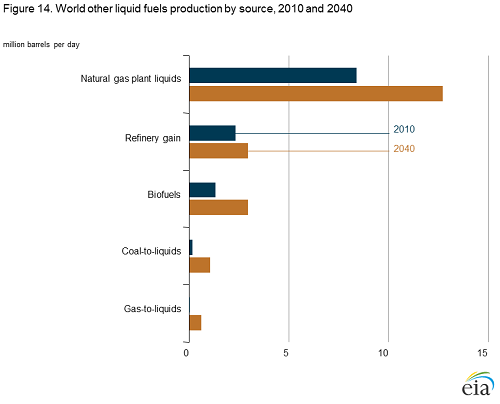 Las Vegas-based Methes Energies has hit record numbers for biodiesel production at a refinery in Ontario, Canada. The company says it produced more than 412,000 gallons of ASTM quality biodiesel at its Sombra, Ontario facility in August 2014 and hit 800,000 gallons of ASTM quality biodiesel at the Sombra facility during its third quarter ending August 31, 2014… both records for the company.
Las Vegas-based Methes Energies has hit record numbers for biodiesel production at a refinery in Ontario, Canada. The company says it produced more than 412,000 gallons of ASTM quality biodiesel at its Sombra, Ontario facility in August 2014 and hit 800,000 gallons of ASTM quality biodiesel at the Sombra facility during its third quarter ending August 31, 2014… both records for the company.
Nicholas Ng, President of Methes, said, “Production is going very smoothly and both our Denami 3000s are performing very well as expected. Our production team is doing a great job and they look forward to produce even more biodiesel in our next quarter. Over the last few months, working with our clients has been rewarding and we will continue to build on those relationships to move even more biodiesel. We expect to ship over 25 railcars in September, which would be another record high for the company. We are currently finalizing production and sales forecasts for October, November and December 2014 and expect to provide production updates on a regular basis in the future.”
Methes has a refinery in Mississauga, Ontario, Canada, in addition to the Sombra plant. Methes is also involved in providing clients with proprietary software to operate and control their processors as well as remotely monitoring the quality and characteristics of its clients’ production.






 What in the world do polar bears and elephants have to do with renewable energy? Lots with a creative use of geothermal energy at the
What in the world do polar bears and elephants have to do with renewable energy? Lots with a creative use of geothermal energy at the  onda reach its voluntary goals to reduce the environmental impact of its products and manufacturing operations by 2020. This includes a 30 percent reduction in CO2 emissions from Honda products, and significant CO2 reductions from the company’s plants and other operations, compared with year 2000 levels.
onda reach its voluntary goals to reduce the environmental impact of its products and manufacturing operations by 2020. This includes a 30 percent reduction in CO2 emissions from Honda products, and significant CO2 reductions from the company’s plants and other operations, compared with year 2000 levels.

